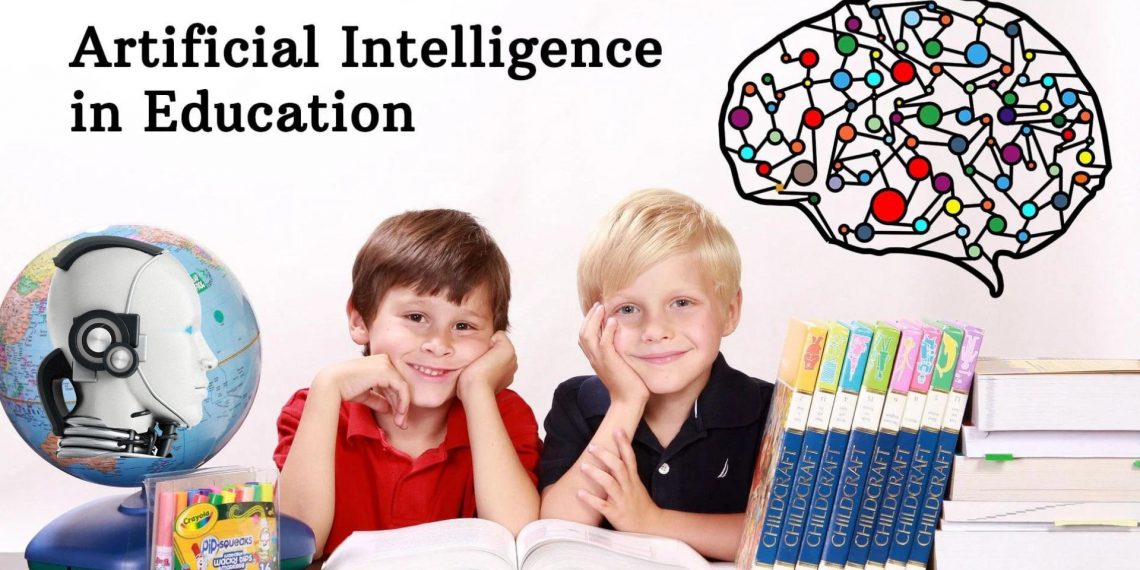In recent years, Artificial Intelligence (AI) has been increasingly integrated into educational systems worldwide, promising to revolutionize the way students learn and educators teach. While the potential benefits of AI in education are vast, there are also significant challenges that need to be addressed to fully harness its potential while ensuring equitable access and ethical use.
The Promise of AI in Education
AI technologies offer personalized learning experiences, adaptive assessments, and intelligent tutoring systems that can cater to individual student needs and preferences. They also have the potential to automate administrative tasks, freeing up educators’ time for more meaningful interactions with students.
Challenges in Implementation
Despite the promises, the integration of AI in education is not without its challenges. One of the primary concerns is the digital divide, which refers to the gap between those who have access to AI-powered educational tools and those who do not. This divide can exacerbate existing inequalities in education and widen the gap between privileged and marginalized students.
Ethical Considerations
Another challenge is the ethical use of AI in education. There are concerns about data privacy and security, as well as the potential for algorithmic bias and discrimination. Educators and policymakers must navigate these ethical considerations carefully to ensure that AI technologies are used responsibly and equitably.
Preparing Educators
Furthermore, there is a need to prepare educators to effectively integrate AI into their teaching practices. Many educators may lack the necessary training and support to leverage AI tools effectively, highlighting the importance of professional development programs and ongoing support. while AI holds immense promise for transforming education, it also presents significant challenges that need to be addressed. By addressing issues related to access, ethics, and educator preparedness, we can ensure that AI enhances rather than exacerbates existing educational inequalities. With careful planning and thoughtful implementation, AI has the potential to revolutionize education and empower learners of all backgrounds.




